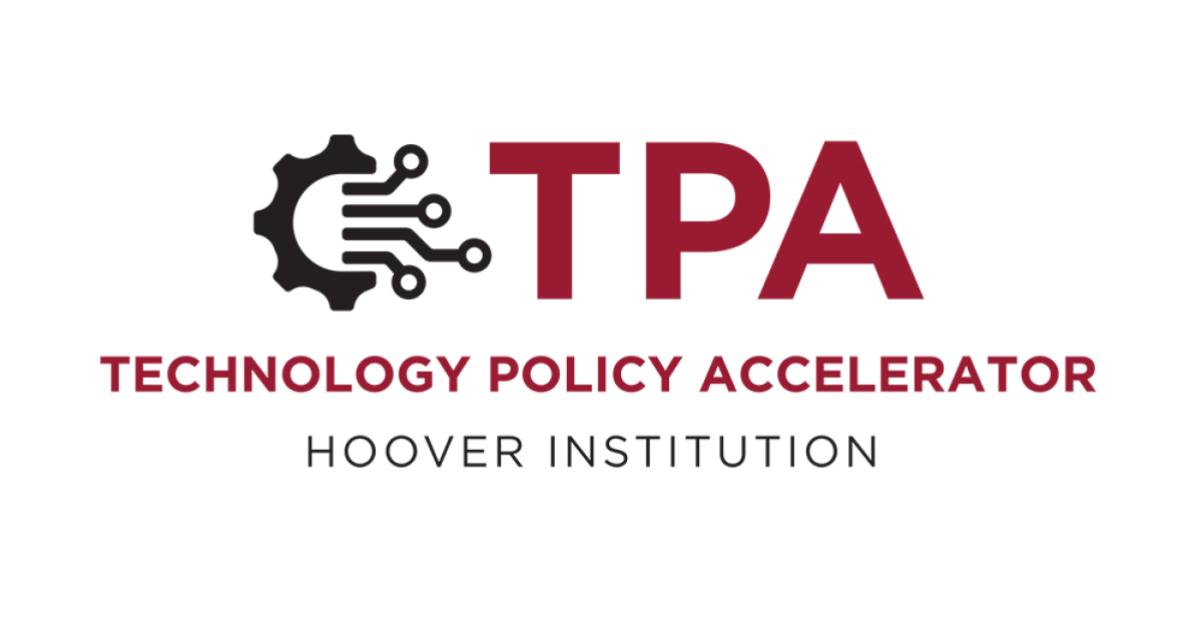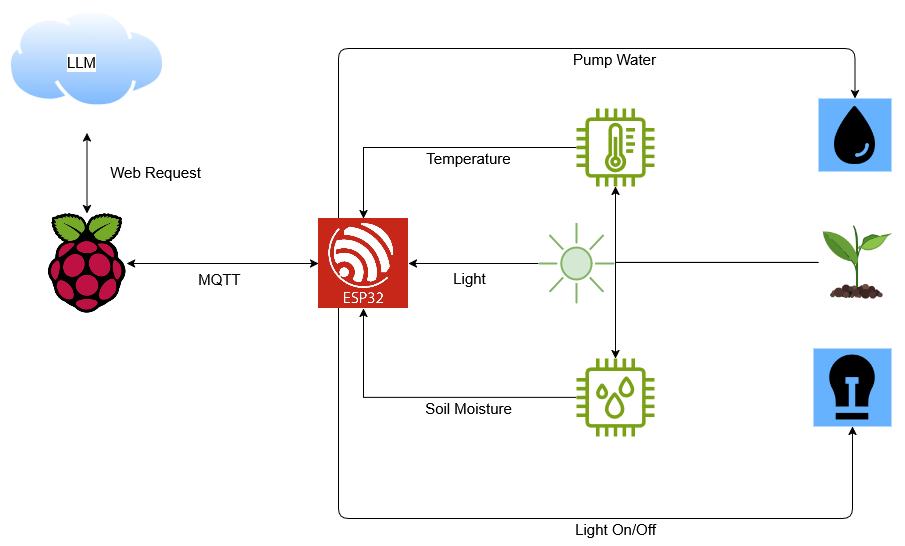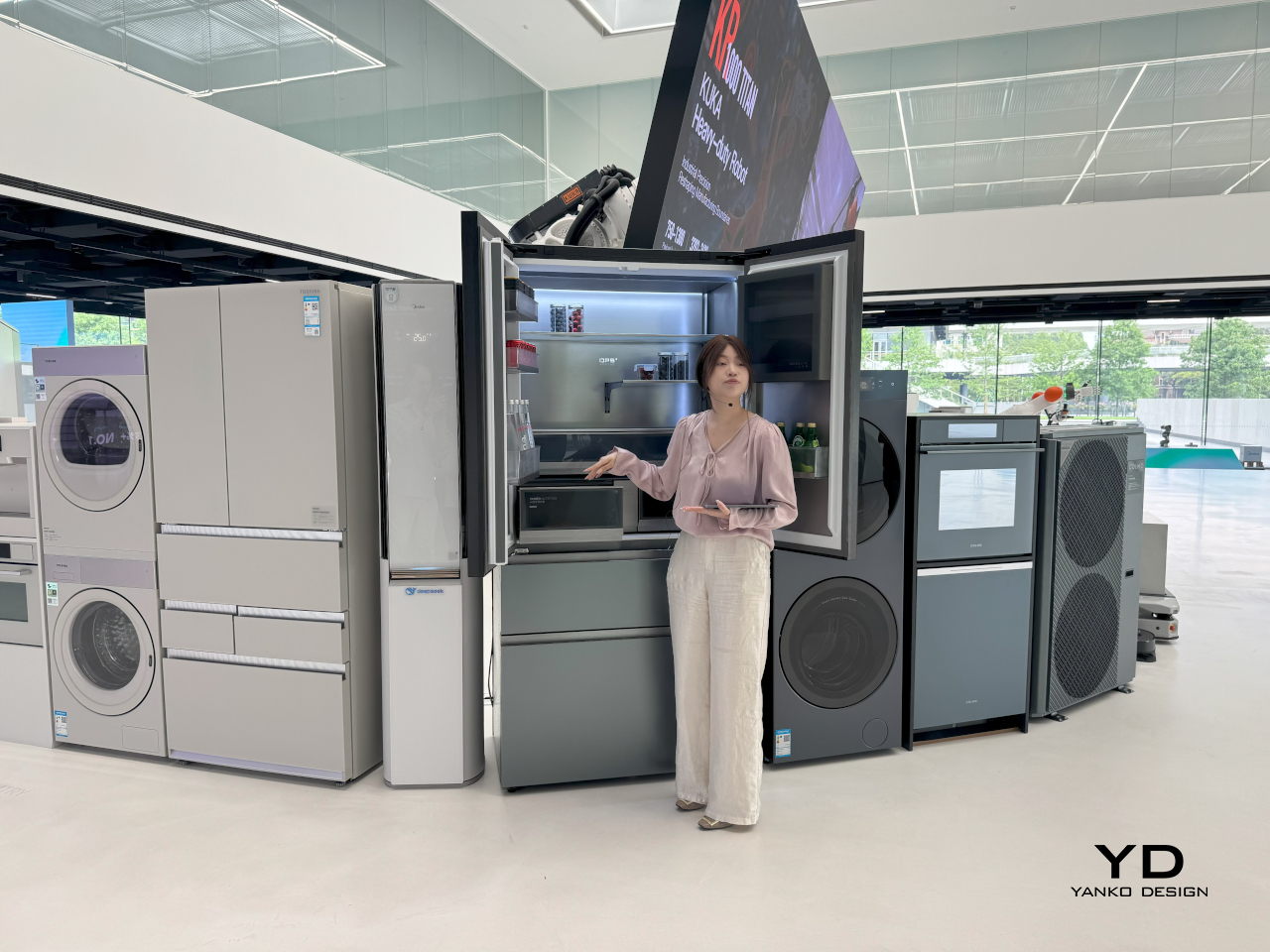Insights from the Technology Policy Accelerator: A Deep Dive into Frontier Technologies and Innovation

In the latest edition of the Technology Policy Accelerator newsletter, esteemed experts from Hoover Institution delve into the intricate economic and social ramifications of frontier technologies. The newsletter features a compelling exploration by Amy Zegart, who scrutinizes the training and background of the AI researchers that have catapulted Chinas DeepSeek into the global technology limelight. Zegarts investigation reveals that a significant majority of these researchers are essentially homegrown talents, highlighting the domestic foundations of China's emerging tech prowess.
Meanwhile, Dan Berkenstock discusses how minor policy adjustments within Department of Defense funding programs hold the potential to foster substantial advancements in venture-backed defense technology innovation. In addition, Zegart and fellow Hoover researcher Herb Lin engage in an enlightening conversation during the latest episode of The Interconnect podcast, where they unpack critical themes affecting all emerging technologies, from the escalating global competition for scientific talent to the influence of high-tech export controls on innovation.
Featured Analysis
A Deep Peek into DeepSeek AIs Talent and Implications for US Innovation
Amy Zegart, a Senior Fellow at Hoover, along with co-author Emerson Johnston, presents an insightful analysis of the AI talent that contributed to the development of DeepSeek's groundbreaking R1 model. Their research highlights the educational backgrounds and training of hundreds of AI scholars who have been associated with DeepSeek since its establishment in 2023.
Out of the 201 DeepSeek researchers whose prior affiliations could be confidently identified, an overwhelming 171 are affiliated with Chinese universities or research institutions, while only 15 are employed in the United States. Moreover, of the 49 researchers who have held positions in US institutions at any point in their careers, the majority spent no more than a year working in the US. This suggests a troubling trend, as Zegart and Johnston note, stating, Most of DeepSeeks researchers are not being trained in the United States, and those who are trained here are not retained. Instead, they are passing through.
The findings indicate that Chinese firms are increasingly capable of developing advanced large language models utilizing predominantly home-grown talent, prompting a call for the United States to enhance its own technology workforce. The authors emphasize this discovery as a vital indicator of the need for the US to address talent acquisition gaps, particularly with respect to national security in vital fields like cybersecurity and technology.
The Warfighters Pipeline
In a thought-provoking essay, Distinguished Research Fellow Dan Berkenstock, alongside co-author Jon Chung, explores the potential of venture capital to expedite the deployment and development of innovative technologies essential for defense applications. They argue that traditional defense procurement processes are often sluggish and inadequate in keeping pace with rapid technological advancements.
Berkenstock and Chung assert that leveraging venture capital could enable the defense sector to swiftly adapt and integrate state-of-the-art technologies emerging from the private sector, thus enhancing overall military capabilities and operational readiness. They advocate for a shift in how success is measured within a nontraditional defense industrial base, suggesting that it should focus on the number of new operational capabilities that are actually delivered to warfighters. Additionally, they propose modest adjustments to the Department of Defense's innovation-funding programs to better align government funding cycles with the typical timelines of venture capital fundraising.
Frontier Tech and the Geopolitical Future
The latest episode of The Interconnect podcast, co-presented by the Stanford Emerging Technology Review and the Council on Foreign Relations (CFR), features an engaging discussion on advancements in frontier technologies and their geopolitical ramifications. Hoover fellows Amy Zegart and Herb Lin join CFRs Adam Segal and Kat Duffy to dissect how various frontier technologies interact to provide modern society with unprecedented advancements, referencing innovations such as SpaceX's Falcon 9 reusable rocket.
Small incremental advances in a variety of technologies have all come together now so that we can integrate these into a functional reusable rocket booster, and that is, of course, the key to reducing costs, Lin explains in the episode. Zegart adds that it is crucial for observers not to view emerging technology merely as a competitive race towards the quickest product delivery; rather, the focus should be on the widespread deployment of these technologies. You could be first to innovate but slow on the deployment side, and its the deployment that may make the difference, Zegart emphasizes.
More Insights
Former Secretary Rice Stresses Importance of Winning Emerging Technology Race
During a recent visit to Washington, DC, on February 25, as part of the launch of the 2025 edition of the Stanford Emerging Technology Review, Hoover Institution Director Condoleezza Rice underscored the critical importance for democracies to emerge victorious in the technological competition across key fields such as artificial intelligence and space exploration. We have to win this race, Rice declared to an audience of State Department staff, emphasizing that if you think about a democracy, we have the guardrails... We cant afford to have these transformative technologies pioneered by authoritarian regimes. Alongside her, Rice brought contributors to the Review, including notable fellows Amy Zegart, Allison Okamura, and Herb Lin.
Inviting Soft Robots into Our Homes
In an insightful interview featured in Defining Ideas, Science Fellow Allison Okamura discusses her pioneering research into the development of innovative robots that are dexterous and gentle enough to function as in-home caregivers. Okamura highlights the need for the robotics field to transition from the traditional heavy and stiff robots, typically designed for manufacturing, towards new, softer materials that enable the creation of robots capable of safe interactions with humans. She asserts that while human interaction remains invaluable for recipients of in-home care, robots can play significant roles in assisting individuals to age in place while preserving their independence and personal privacy. Robotics is one of the ten frontier technologies explored in the 2025 edition of the Stanford Emerging Technology Review report.
SETR Contributor Kang Shen Elected to American Academy of Arts and Sciences
Kang Shen, a contributor to the Stanford Emerging Technology Review and Director of Stanfords Wu Tsai Neurosciences Institute, was among seven Stanford faculty members elected to the prestigious American Academy of Arts and Sciences on April 23, 2025. Neuroscience is one of the ten fields highlighted in the forthcoming 2025 edition of the Stanford Emerging Technology Review.
About Technology Policy Accelerator
The Technology Policy Accelerator at the Hoover Institution is dedicated to conducting in-depth research and generating insights that empower government and business leaders to navigate the complexities of emerging technologies and their geopolitical consequences. The goal is to seize opportunities, mitigate risks, and advance American interests and values in a rapidly changing global environment.
About The Stanford Emerging Technology Review
The Stanford Emerging Technology Review serves as a vital resource for Americas public and private sectors, illuminating transformational technologies to help the United States harness opportunities, manage risks, and ensure that its innovation ecosystem continues to flourish. As a product of a significant educational initiative at Stanford, the Review offers clear insights into pivotal technological domains, recent advancements, and future trends, making it an essential guide for navigating tomorrows world.




























